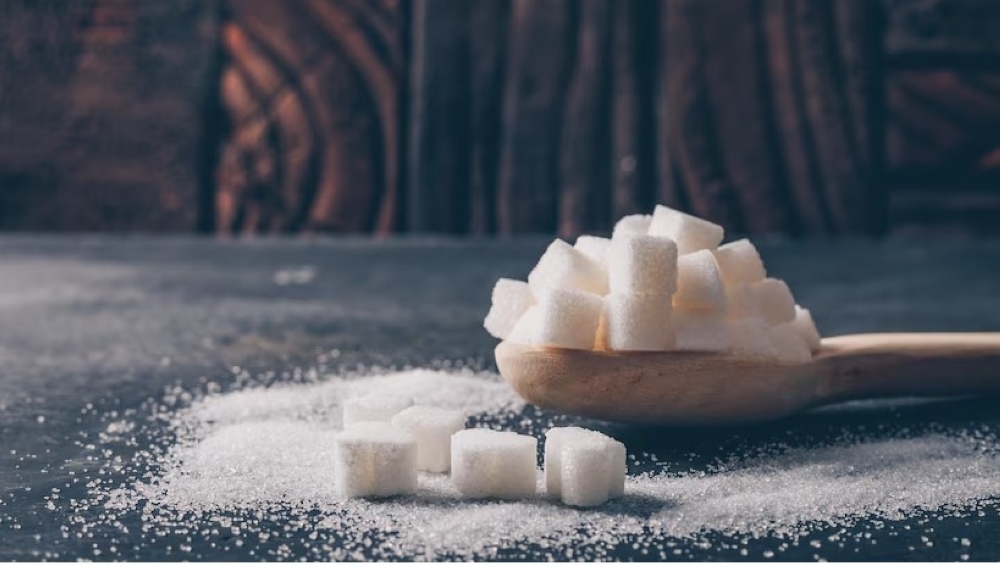

Muscat: The Food Safety and Quality Center (FSQC) in the Sultanate of Oman said that it follows up on all food products, including soft drinks, and ensures that they are free from all pollutants or harmful substances.
FSQC added that it has been studying scientific developments that have been taking place in related fields, including recent reports of the
the International Agency for Research on Cancer, the World Health Organization, and the Joint Commission on Food Additives on
of the health effects caused by the commonly used artificial sweetener aspartame in many food products such as diet soft drinks, chewing gum, ice cream, dairy products, and others.
FSQC said results of studies that indicate an association between the consumption of aspartame and the incidence of cancer in humans are not conclusive.
Acceptable and safe limits for per capita consumption of aspartame range from 5 to 45 mg per kg of body weight, which is not easy to reach in one day. A person must consume more than 4 to 9 cans of diet soft drinks, containing 200 or 300 mg of aspartame daily. It also depends that there is no further intake from other food sources.
Assessments of the health impacts of the non-sugar sweetener aspartame were released today by the International Agency for Research on Cancer (IARC) and the World Health Organization (WHO) and the Food and Agriculture Organization (FAO) Joint Expert Committee on Food Additives (JECFA). Citing “limited evidence” for carcinogenicity in humans, IARC classified aspartame as possibly carcinogenic to humans (IARC Group 2B), and JECFA reaffirmed the acceptable daily intake of 40 mg/kg body weight.
Aspartame is an artificial (chemical) sweetener widely used in various food and beverage products since the 1980s, including diet drinks, chewing gum, gelatin, ice cream, dairy products such as yogurt, breakfast cereal, toothpaste, and medications such as cough drops and chewable vitamins.
“Cancer is one of the leading causes of death globally. Every year, 1 in 6 people die from cancer. Science is continuously expanding to assess the possible initiating or facilitating factors of cancer, in the hope of reducing these numbers and the human toll,” said Dr. Francesco Branca, Director of the Department of Nutrition and Food Safety, WHO. “The assessments of aspartame have indicated that, while safety is not a major concern at the doses which are commonly used, potential effects have been described that need to be investigated by more and better studies.”
The two bodies conducted independent but complementary reviews to assess the potential carcinogenic hazard and other health risks associated with aspartame consumption. This was the first time that IARC has evaluated aspartame and the third time for JECFA.
After reviewing the available scientific literature, both evaluations noted limitations in the available evidence for cancer (and other health effects).
C classified aspartame as possibly carcinogenic to humans (Group 2B) on the basis of limited evidence for cancer in humans (specifically, for hepatocellular carcinoma, which is a type of liver cancer).
There was also limited evidence for cancer in experimental animals and limited evidence related to the possible mechanisms for causing cancer.
JECFA concluded that the data evaluated indicated no sufficient reason to change the previously established acceptable daily intake (ADI) of 0–40 mg/kg body weight for aspartame.
The committee, therefore, reaffirmed that it is safe for a person to consume within this limit per day. For example, with a can of diet soft drink containing 200 or 300 mg of aspartame, an adult weighing 70kg would need to consume more than 9–14 cans per day to exceed the acceptable daily intake, assuming no other intake from other food sources.
Oman Observer is now on the WhatsApp channel. Click here



